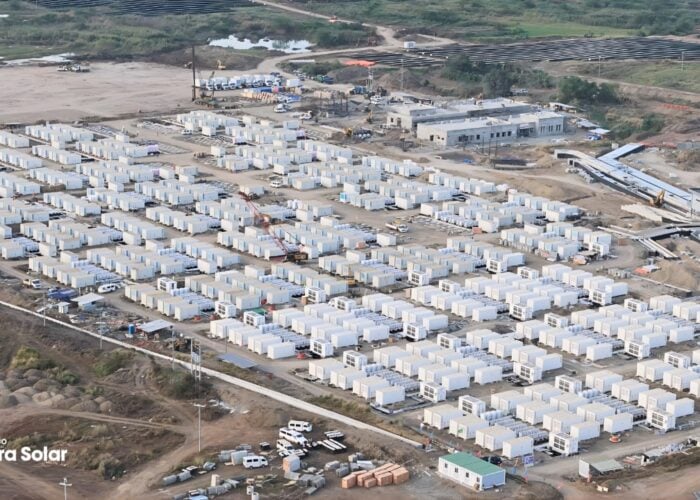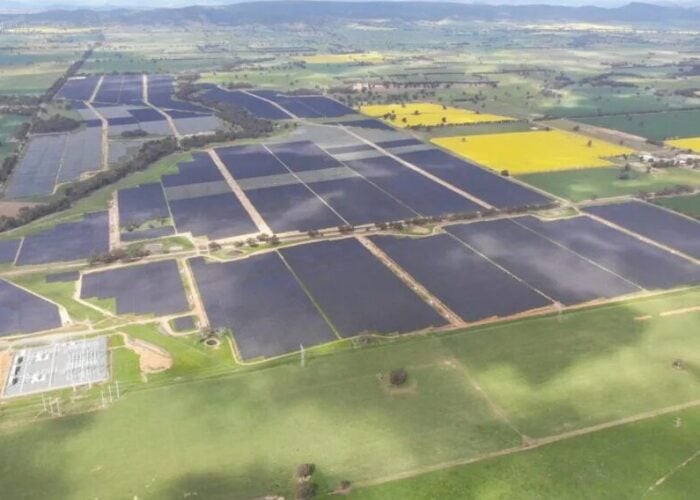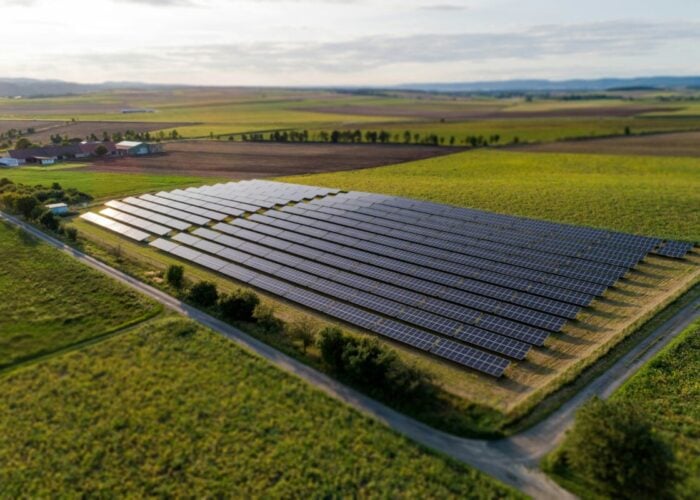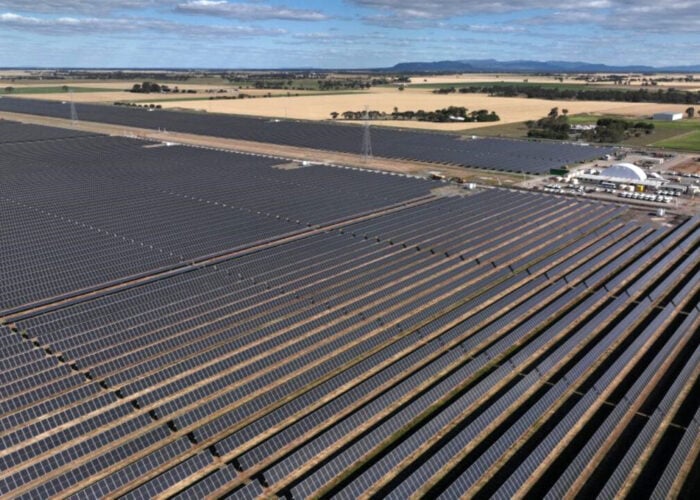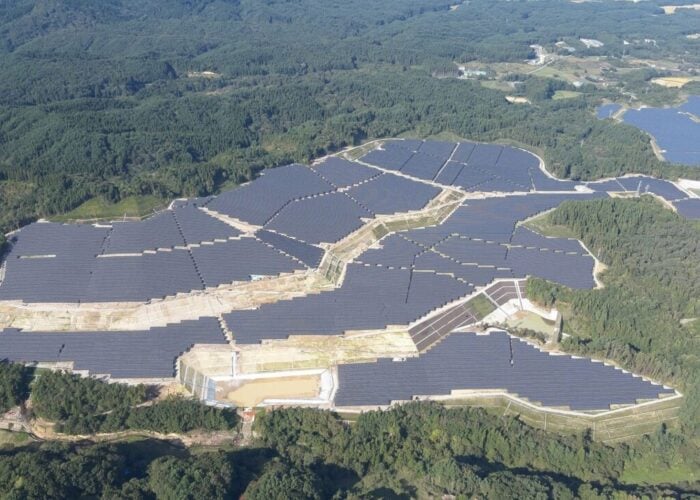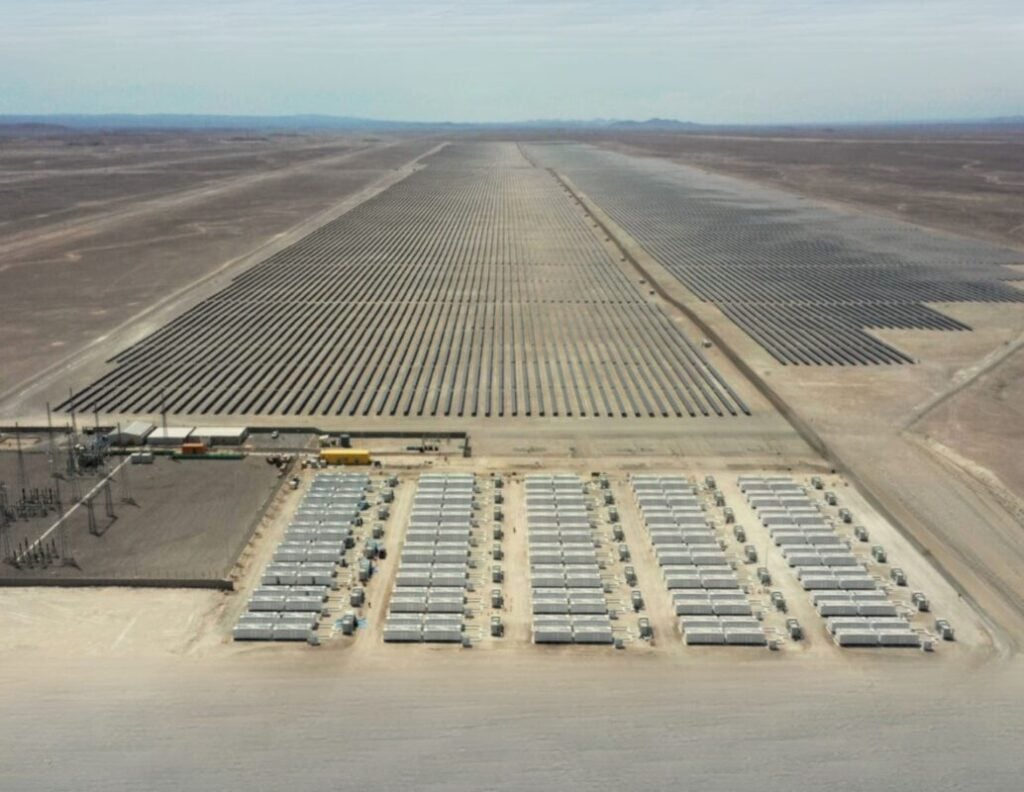
Independent power producer (IPP) Atlas Renewable Energy has secured up to US$475 million in financing for a 357MW solar-plus-storage project in Chile.
Located in the northern region of Atacama, one of the world’s regions with the highest irradiation levels, the Copiapó Solar project will include a battery energy storage system with up to 320MW and a 4-hour duration.
Try Premium for just $1
- Full premium access for the first month at only $1
- Converts to an annual rate after 30 days unless cancelled
- Cancel anytime during the trial period
Premium Benefits
- Expert industry analysis and interviews
- Digital access to PV Tech Power journal
- Exclusive event discounts
Or get the full Premium subscription right away
Or continue reading this article for free
Construction of the project started earlier this month, while it’s commercial operation date is expected for the first quarter of 2027.
The financing was secured through several financial institutions, including Spain’s BBVA, Chile’s Banco de Crédito e Inversiones (BCI), Crédit Agricole CIB, Natixis CIB, SMBC and Société Générale.
Two round-the-clock 15-year-long power purchase agreements (PPAs) have already been secured for the solar-plus-storage project. Both offtakes have been signed with Chile’s leading iron producer Grupo CAP, one for its iron mining subsidiary Compañía Minera del Pacífico and the other for its water desalination firm Aguas CAP. Announced in December 2024, the offtakes are forecast to begin in 2026.
This latest project financing round brings the company’s total to nearly US$1 billion in Chile this year, where it secured US$510 million for another solar-plus-storage project. Located in the Antofagasta region, in northern Chile, the financing of this project in April also marked the company’s largest financing agreement.
Commercial operation of the Estepa project is expected to begin at the end of 2026, and will include 215MW of solar PV with a 418MW output and 4-hour duration. Its two solar-plus-storage projects in Chile are forecast to reach commercial operations in the coming years, while its standalone project, called BESS del Desierto, has been operational since April 2025. At the time, the company said that the 200MW/800MWh BESS project marked the “first large-scale standalone BESS” in the country and the wider Latin American region.
Co-locating solar PV with BESS has become a standard in Chile, as standalone solar projects have become financially unviable. This is due to a twofold issue; on one hand, curtailments of solar PV and wind keep increasing in 2025, while on the other hand revenues decrease due to low prices of electricity during the daytime.
Updated on 21/10/25 to include date for start of construction and COD of the Copiapó Solar project

